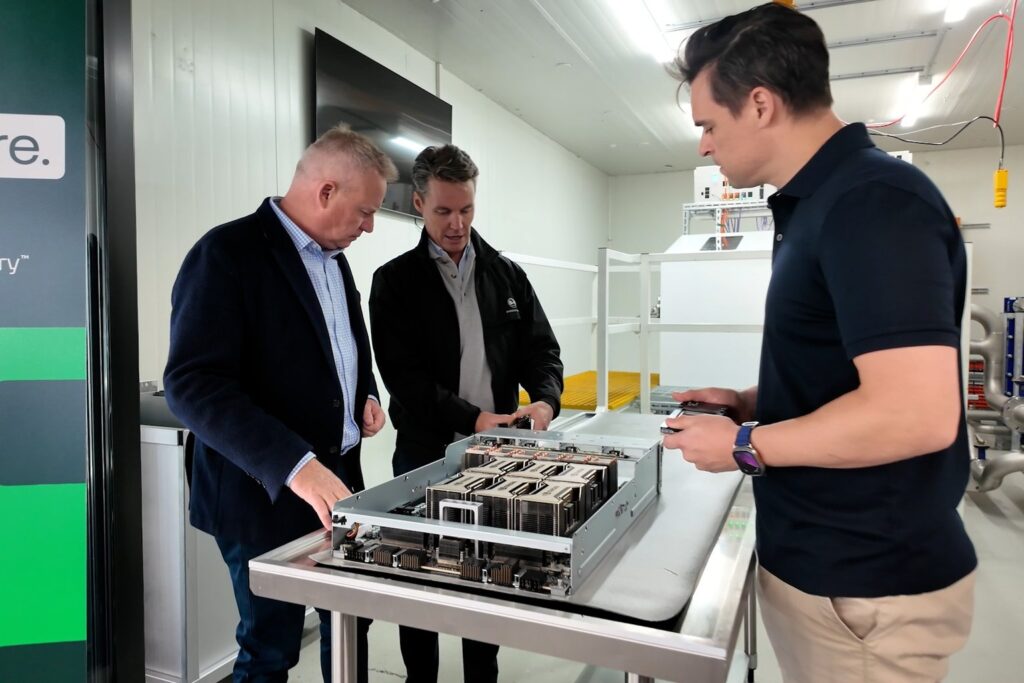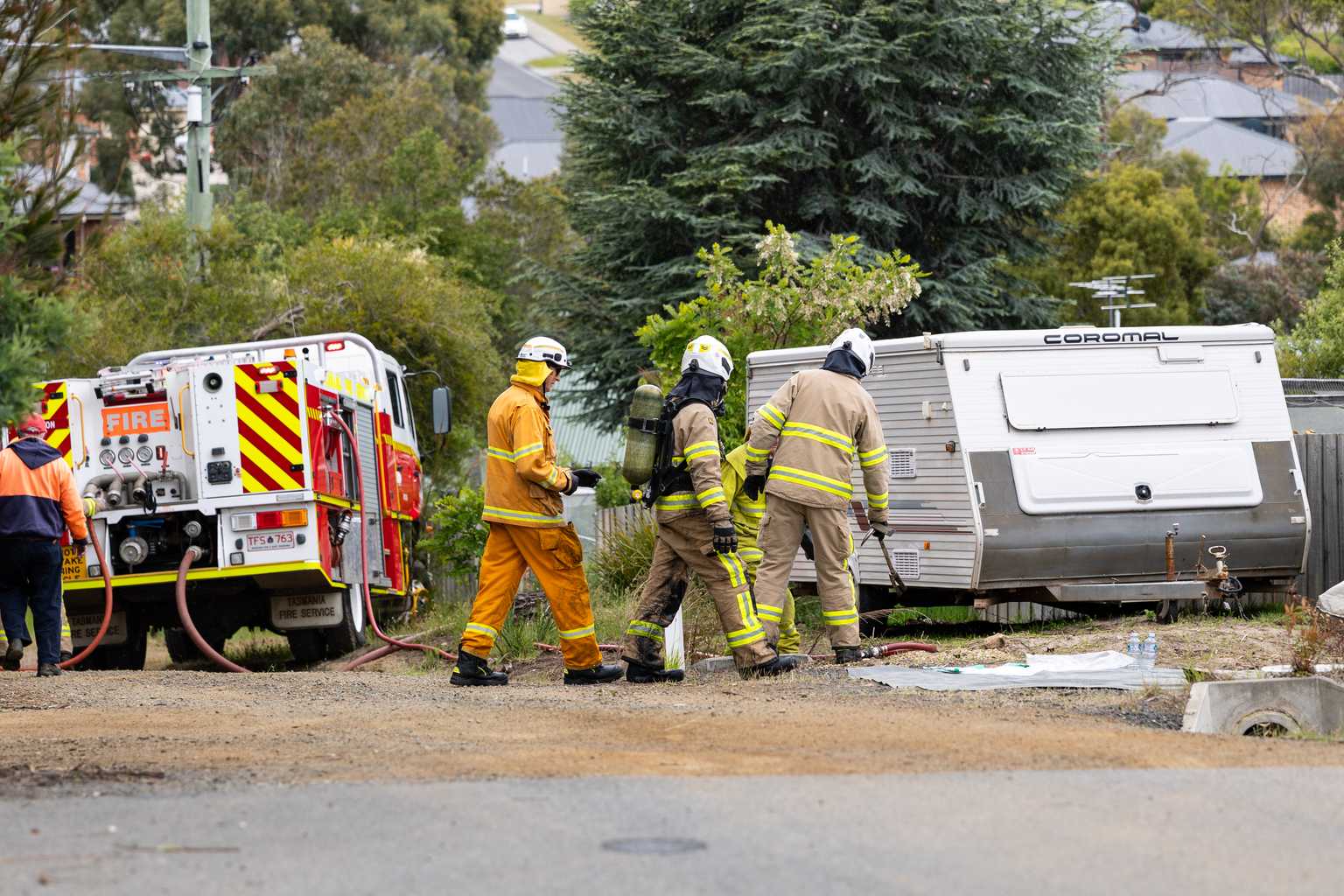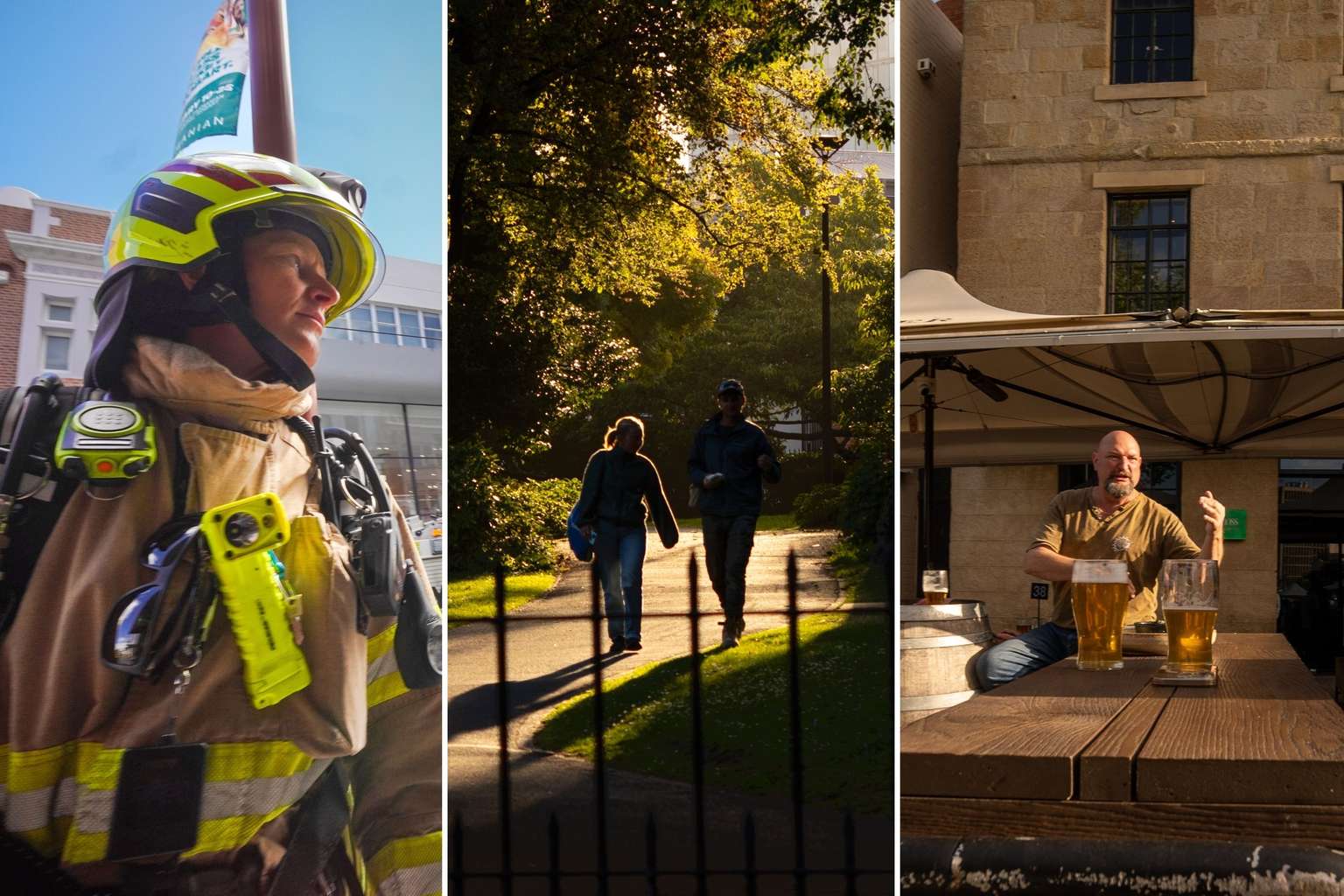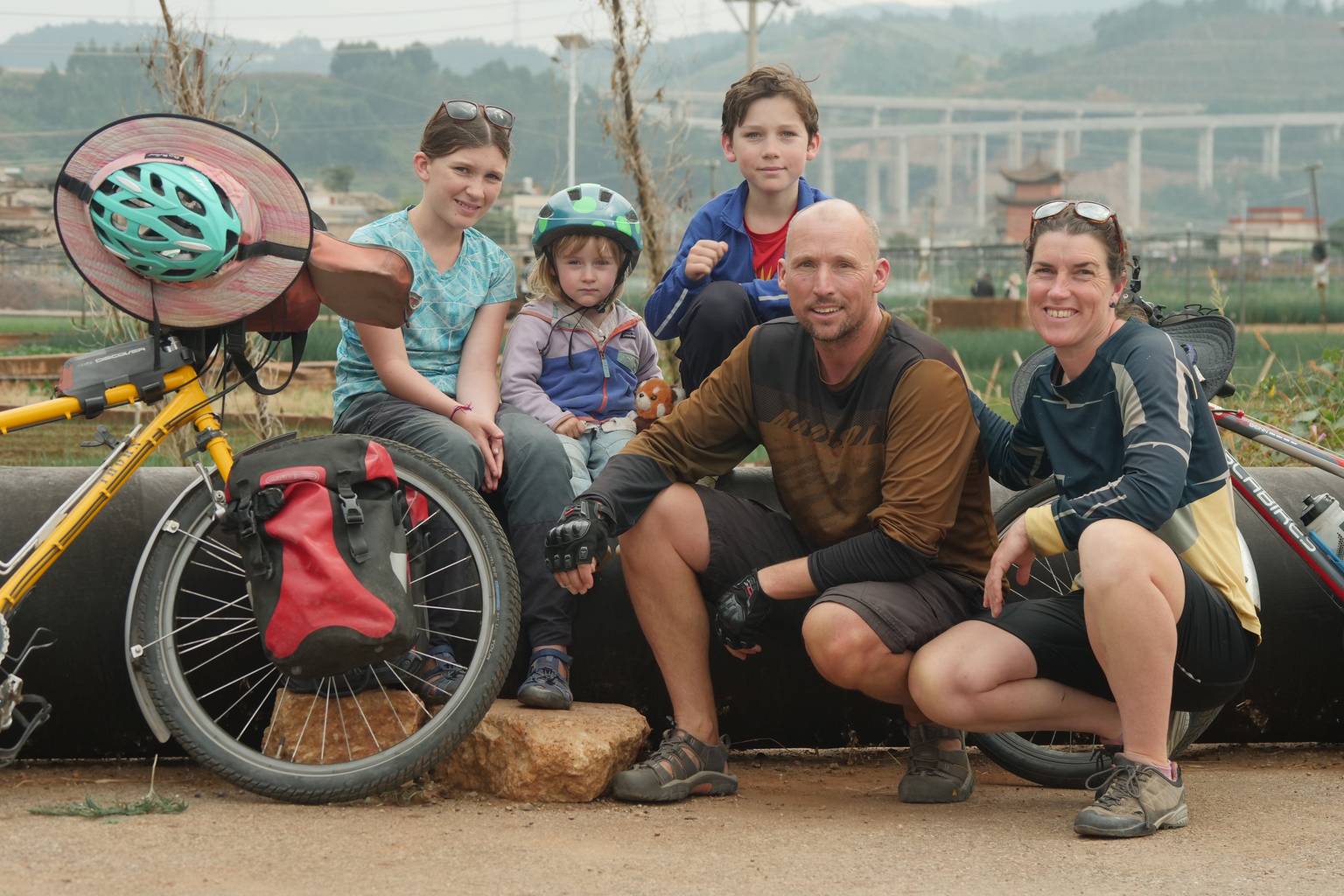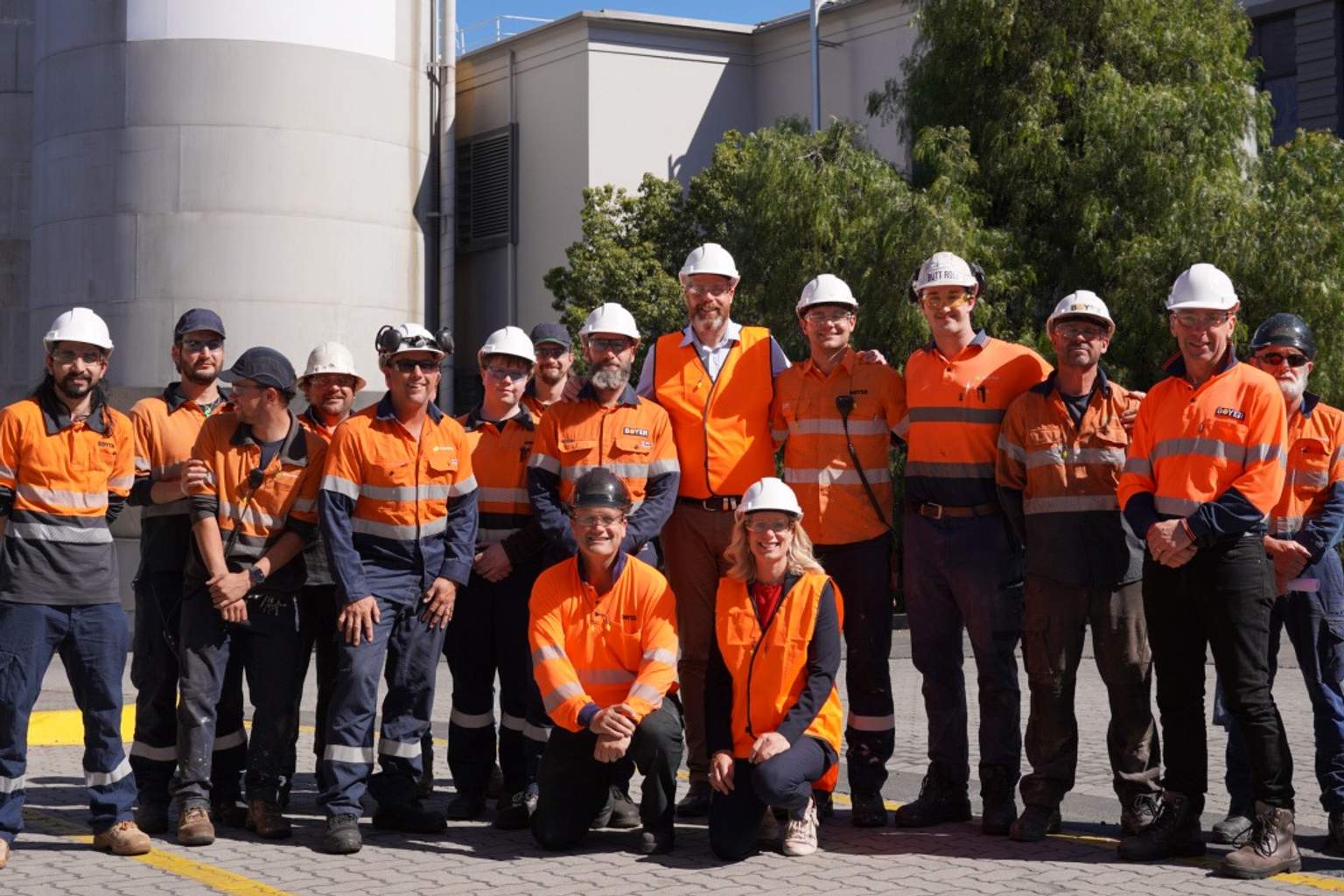A private tech company will build one of Australia’s largest artificial intelligence data centres in Launceston, banking on Tasmania’s access to renewable energy to outcompete global rivals.
Firmus Technologies announced today it will invest $2.1 billion to construct an initial AI “factory” housing 16,000 specialised computer processors, creating around 100 jobs when the first phase opens in early 2026.
The facility will power everything from ChatGPT-style services to gaming applications.
Premier Jeremy Rockliff spruiked the investment as the start of a “world-first AI factory zone”.
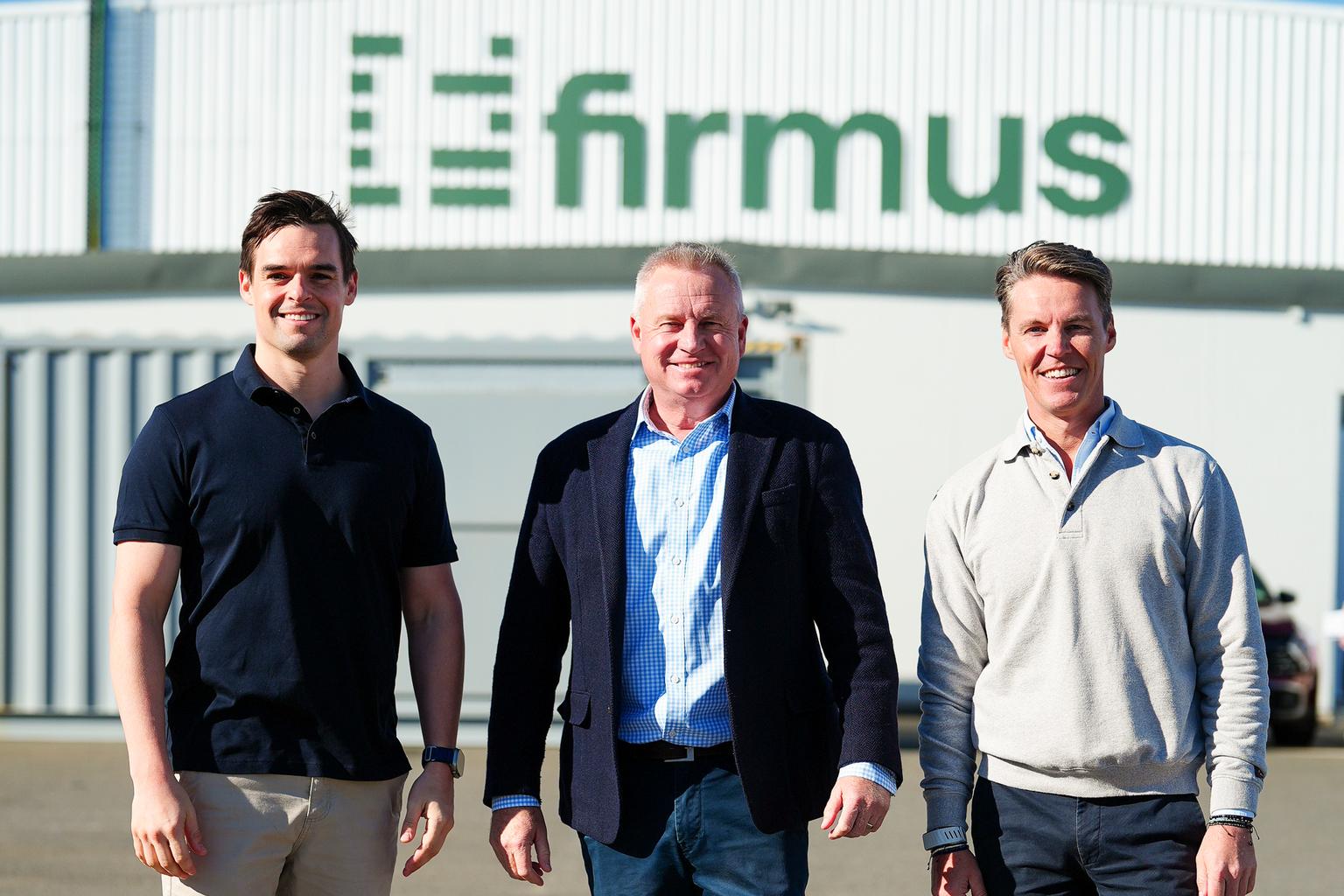
While specific taxpayer commitments are still unclear, it is understood the Liberals would ensure the company has what it needs to grow the development.
“This is about turning Tasmania’s clean energy into opportunity,” Rockliff said.
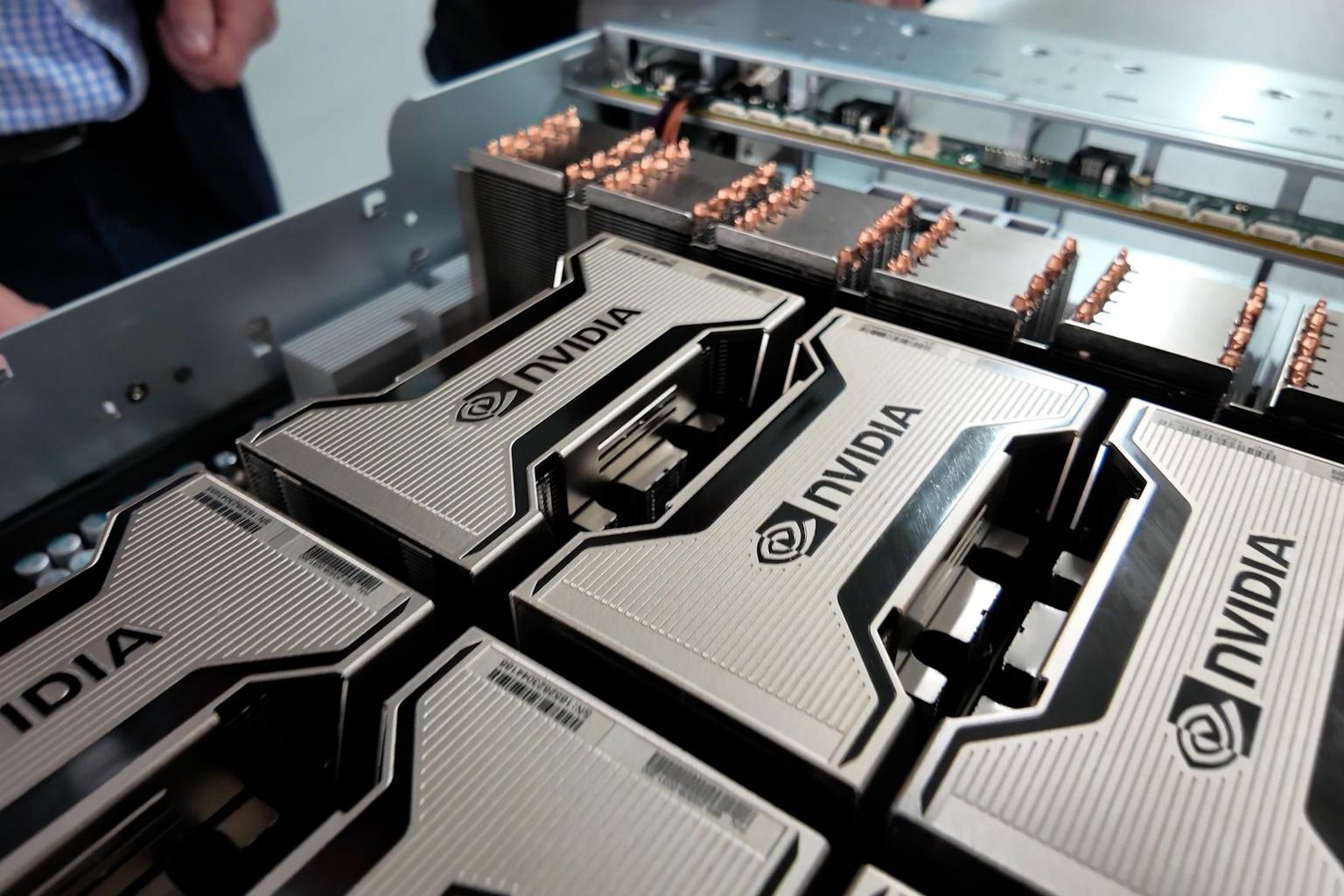
Firmus co-CEO Tim Rosenfield said Tasmania was chosen because its renewable energy costs are lower than fossil fuel alternatives.
“AI tools like ChatGPT run on tokens that are currently heavy on energy and emissions,” he said.
“Producing these AI tokens in Tasmania will create a new type of green AI token, clean and powered by renewables, enabling AI to scale sustainably.”
The centre will use liquid-cooling technology that consumes 60% less energy than conventional data centres and costs half as much to build.
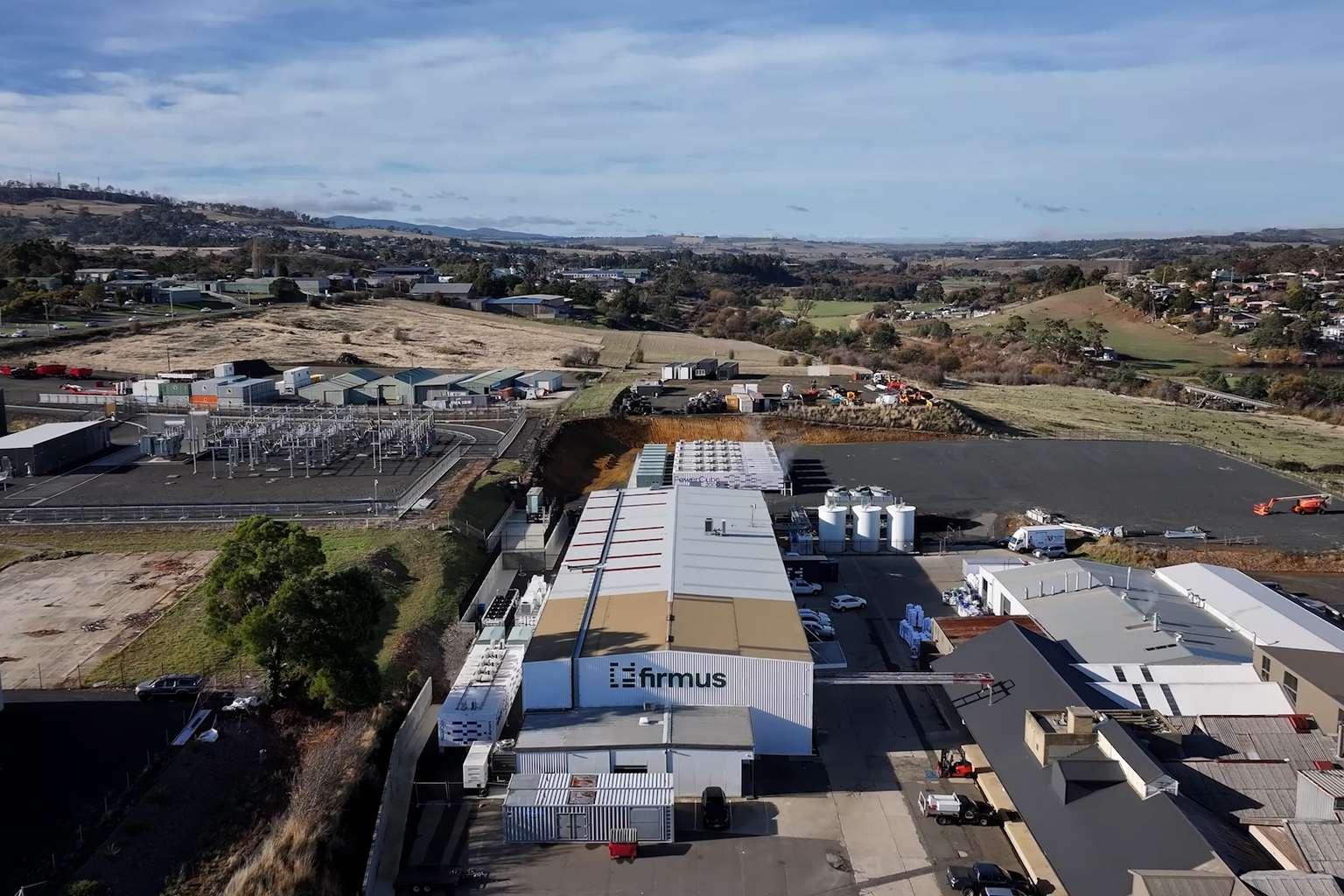
Construction has already begun on the Launceston campus.
Co-CEO Oliver Curtis described the project as “purpose-built to power, train and inference artificial intelligences” rather than a traditional data centre.
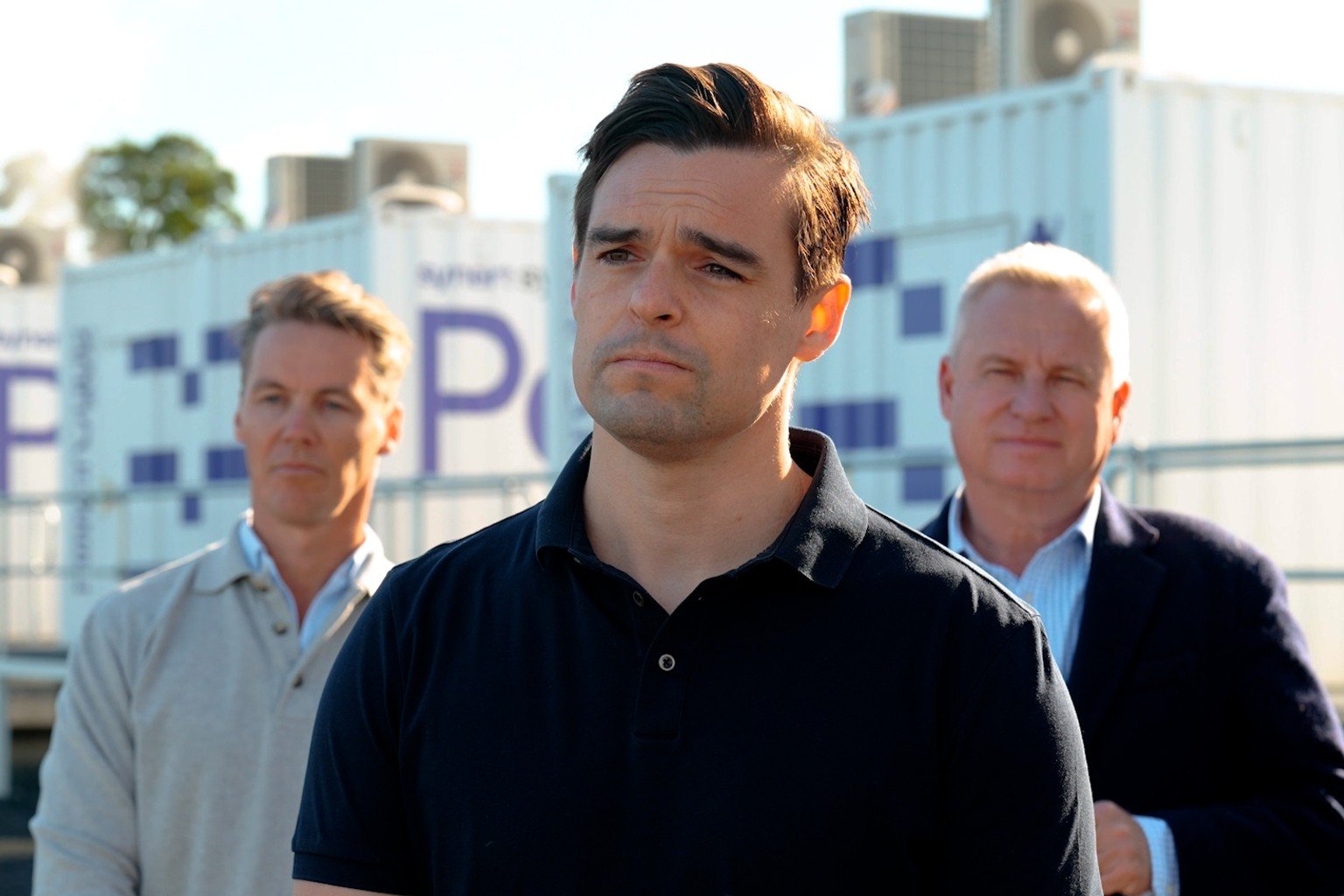
“With Tasmania’s clean energy and our AI factory platform, we believe this will be the most cost-effective, sustainable AI facility in the world,” he said.
The first 45 megawatts will go live early next year, expanding to 90 megawatts by the end of 2026, with plans for a 300-megawatt second stage if the project proves successful.
Labor leader Dean Winter said the development is a “really exciting opportunity for the north”.
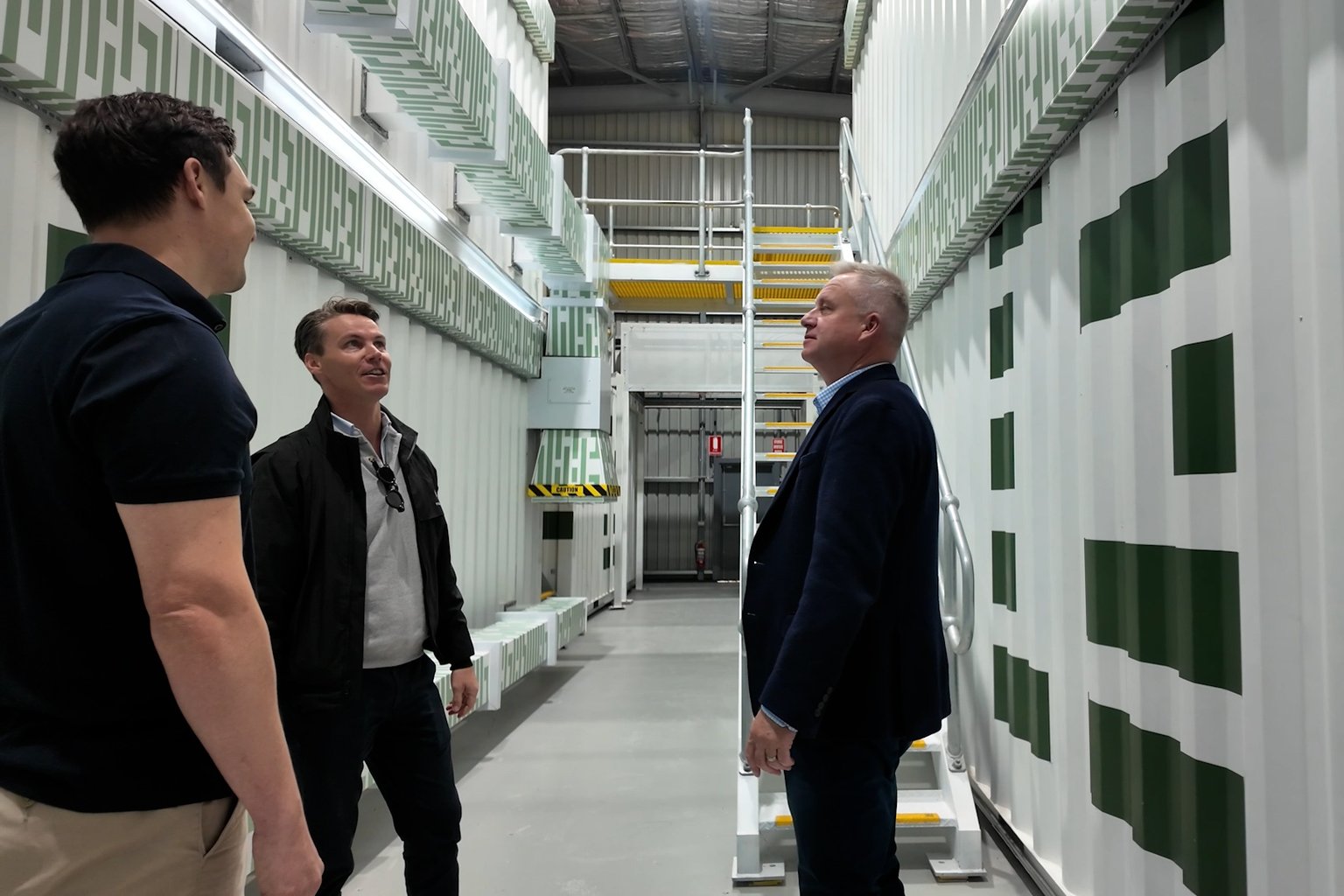
“It is extremely exciting what they’re proposing there and I’ve been lucky enough to have a good look at Firmus and what they’ve been doing,” he said.
“But there’s a big problem here. There isn’t enough power. We saw only earlier this week that Boyer said there’s no power available for them to convert from coal to electricity.”

